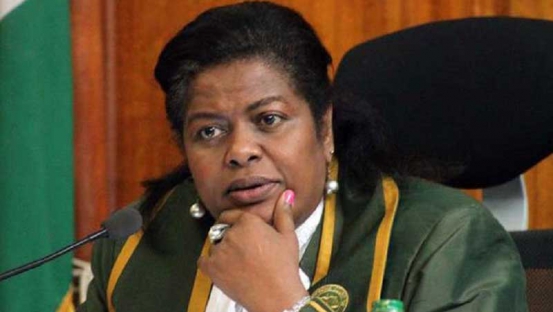
The recent open call by Lady Justice Njoki Ndungu for the public to engage in “judicial activism” on the matter of abortion came as a shocker to many. The Supreme Court Judge appears to have thrown caution to the wind and called on Kenyans to challenge the anti-abortion laws in courts.
Sitting at the highest court in the land, one would have expected that Justice Ndungu would have demonstrated greater reticence. Yet the judge argued that, “It is high time we encourage people to start bringing such cases through judicial activism since many are suffering in silence,” thereby inadvertently exposing her loaded gun.